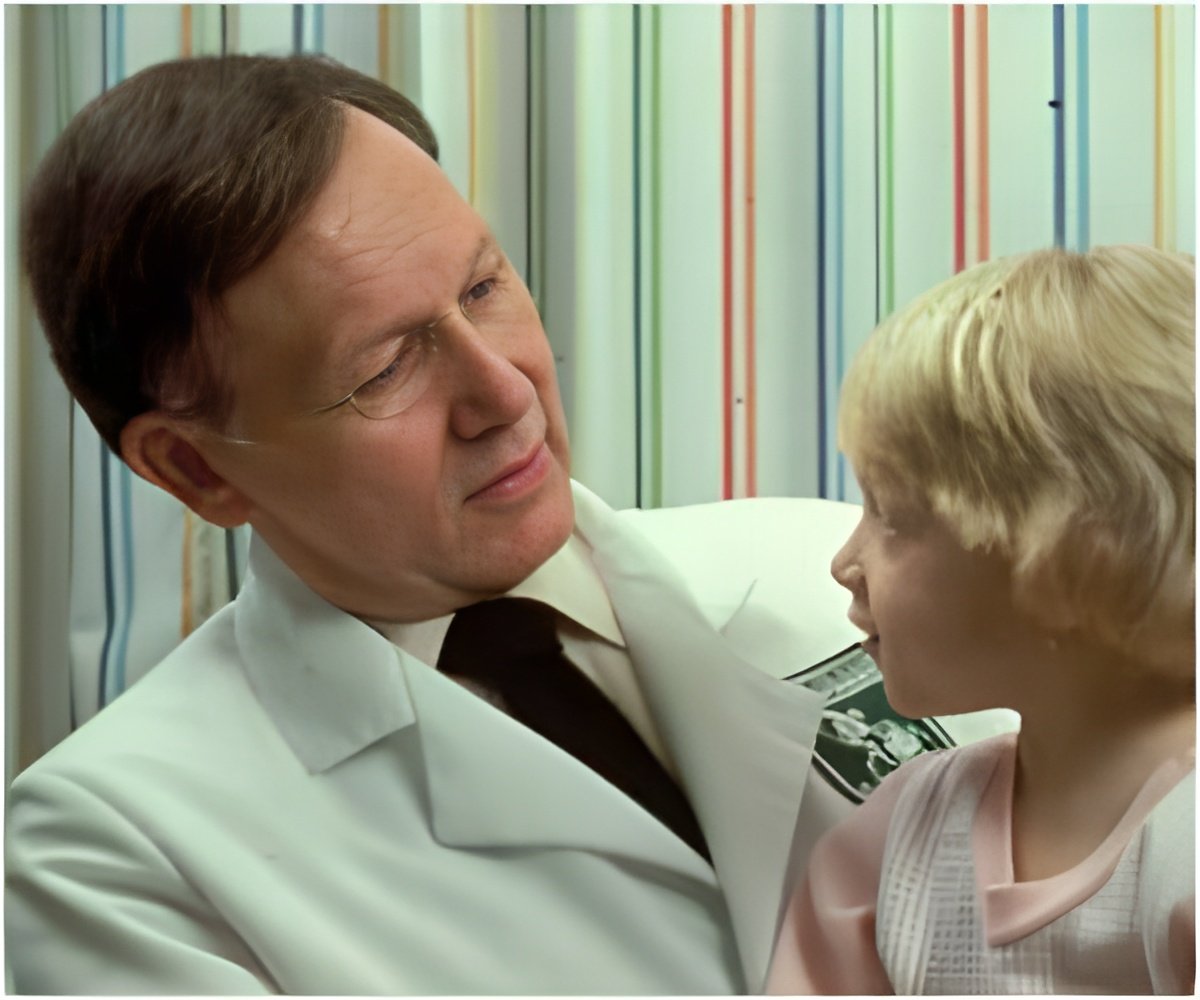Doctors who experience a gut feeling about serious illness when treating a child in primary care should take action upon this feeling and not ignore it, says study.

Researchers from Oxford and Belgium therefore carried out an observational study on 3890 children between the ages of 0-16 years who presented in primary care in Flanders, Belgium in 2004. They wanted to see what added value gut feeling provides to a diagnosis. Factors recorded included the doctor's overall impression and whether gut feeling suggested something more serious was wrong. Gut feeling was defined as "intuitive feeling that something was wrong even if the clinician was unsure why".
Out of the 3369 children assessed as having a non-severe illness at the time of consultation, six (0.2%) were later admitted to hospital with a serious infection. Results show that acting on gut feeling had the potential to prevent two of the six cases being missed at the cost of 44 false alarms, but that these were not "unmanageable". The probability of a serious infection decreased from 0.2% to 0.1% when gut feeling was absent.
In fact, 21 out of the 3890 children were eventually admitted to hospital with a serious infection and nine were not referred at first contact. However, in four of the nine children, the doctor had a gut feeling that something serious was wrong.
The feature most strongly associated with gut feeling was a history of convulsions and the child's overall appearance and breathing.The authors also found that gut feeling is strongly influenced by parental concern that the illness is different. Finally, less experienced clinicians reported it more frequently than their more senior counterparts. However, the diagnostic power of gut feeling was no better in experienced than non-experienced clinicians.
The authors recommend that medical teaching should make clear that an "inexplicable gut feeling is an important diagnostic sign and a very good reason for seeking the opinion of someone with more paediatric expertise or performing additional testing". They say that gut feeling should make three things mandatory: conducting a full and careful examination; seeking advice from a more experienced clinician and providing the parent with safety netting advice. They conclude that clinicians should not ignore gut feeling and use it in decision making.
Advertisement









